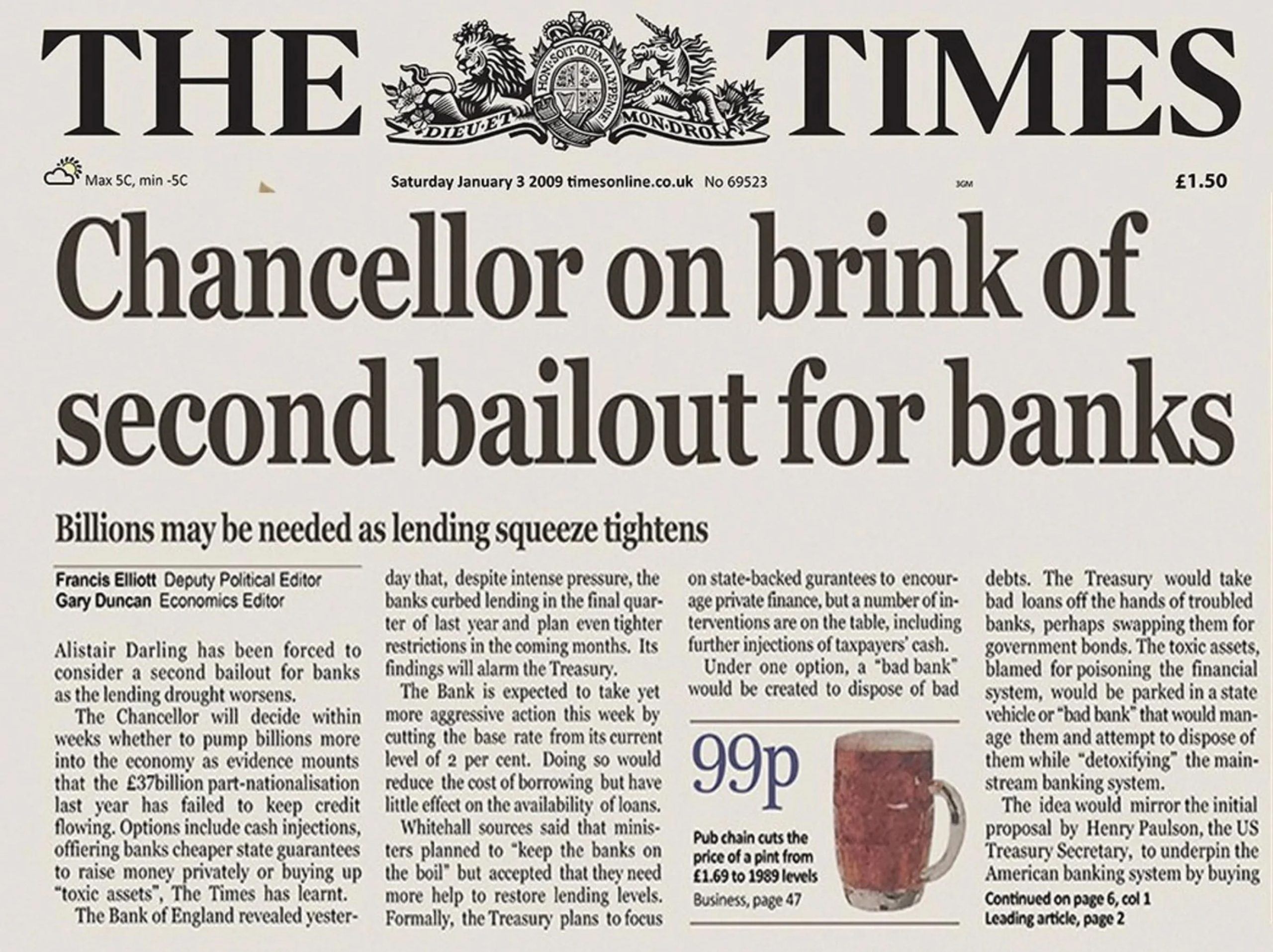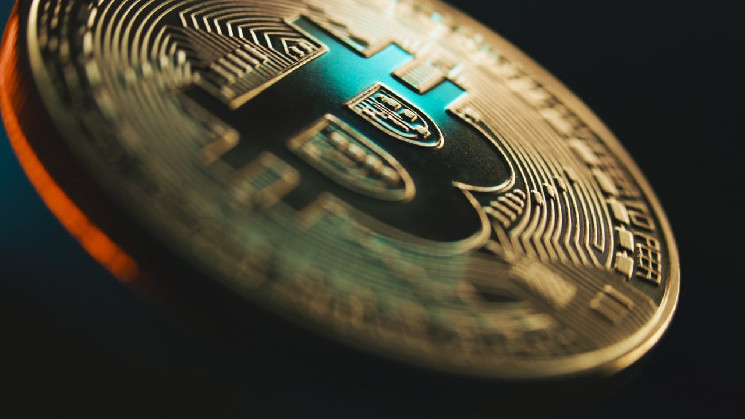In the crypto universe, bitcoin’s quest to hit $100,000 feels like reaching the climactic level in a video game—an epic showdown that embodies years of persistence, strategy, and transformation.
The $100K Milestone: A Historic Moment in Free Market Economics
When bitcoin (BTC) crosses the $100,000 mark in U.S. dollars, it won’t just be a psychological victory; it will be one for the history books. With a market cap inching toward $2 trillion, many insist bitcoin will solidify its status as a disruptive force in global finance.
This milestone isn’t just about numbers; it symbolizes the rise of decentralized currency in a world dominated by fiat money subject to manipulation and inflation. Bitcoin’s path to $100K hasn’t been a smooth ride—it’s been more like facing a series of escalating challenges in a complex Nintendo game.

Early on, bitcoin had to prove its worth as a peer-to-peer electronic cash system, realizing Satoshi Nakamoto’s vision of trustless, censorship-resistant transactions. Next came the challenge of earning global recognition, transforming from a niche curiosity into a household name, gaining traction across markets, media, and regulatory debates.
Now, bitcoin is grappling with its ultimate ‘boss level’: mainstream acceptance as a reliable financial hedge and a viable stateless currency—a fight many believe it’s already winning, as evidenced by the interest of private sector financial institutions like Blackrock and Fidelity.

The significance of hitting $100,000 goes beyond economics. It showcases bitcoin’s ability to challenge fiat currencies, which governments inflate at their discretion. Austrian economic theory warns about the distortions and wealth erosion caused by excessive government control over money.
Bitcoin offers an alternative: a decentralized, deflationary digital asset with a hard cap of 21 million. This unique feature supports savings and wealth preservation, a critical need in today’s inflation-ridden global economy.
Bitcoin also offers unparalleled censorship resistance, enabling users to make transactions freely, even in an era of increasing financial restrictions. By allowing borderless, permissionless exchanges, bitcoin champions the principles of individual freedom and voluntary interaction at the heart of free-market ideals.
Like any challenging final boss level, the journey is as meaningful as the destination. Bitcoin’s climb involved overcoming naysayers, technical issues, regulatory hurdles, and volatile market conditions. Every milestone, from its first $1 transaction to $10,000 and beyond, has built the foundation for this moment.

Reaching $100,000 will likely pave the way for broader adoption, increased recognition, and deeper integration into global commerce. The impact on free-market economics is profound.
Bitcoin’s success proves that sound money can thrive outside state control. Its very existence signals hope for a future where value is determined by mutual agreement, not government mandates—a future aligned with Austrian principles of liberty, decentralization, and rational economics.
As bitcoin inches closer to a $2 trillion market cap and the symbolic $100,000 mark, it reminds us that every hard-fought victory is also the start of a new adventure.
 news.bitcoin.com
news.bitcoin.com
